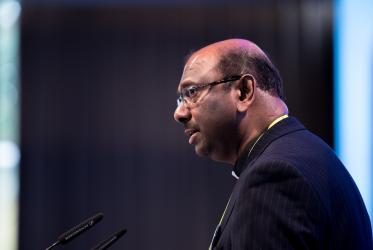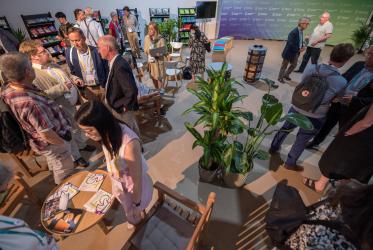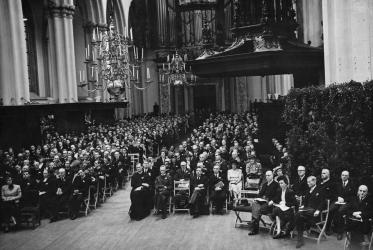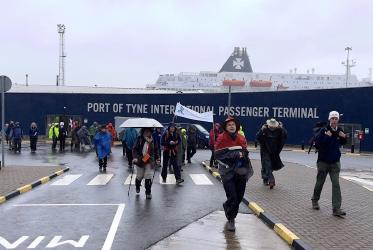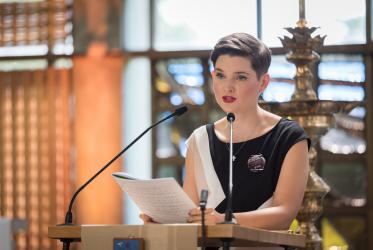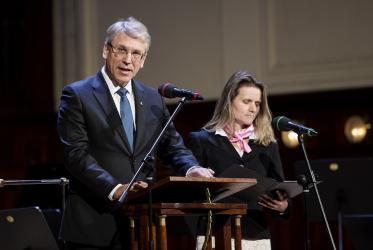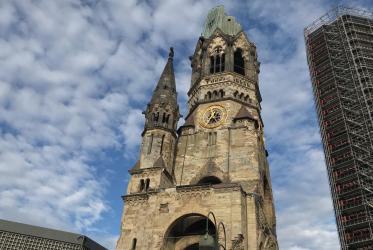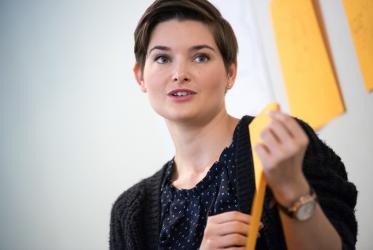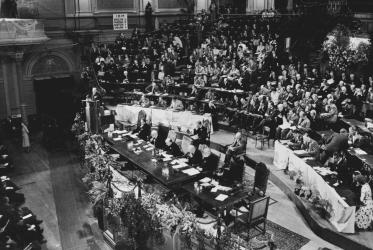Displaying 1 - 20 of 77
At assembly and beyond, WCC publications inspire and move
14 September 2022
Czechoslovak Hussite Church celebrates 100 years
24 September 2020
Thursdays in Black: sharing support, transforming lives
21 February 2019
Les Jeudis en noir: partager le soutien, transformer les vies
21 February 2019
WCC general secretary visits churches in Czech Republic
17 December 2018
WCC representative shares insights on youth at Synod of Bishops
15 October 2018
